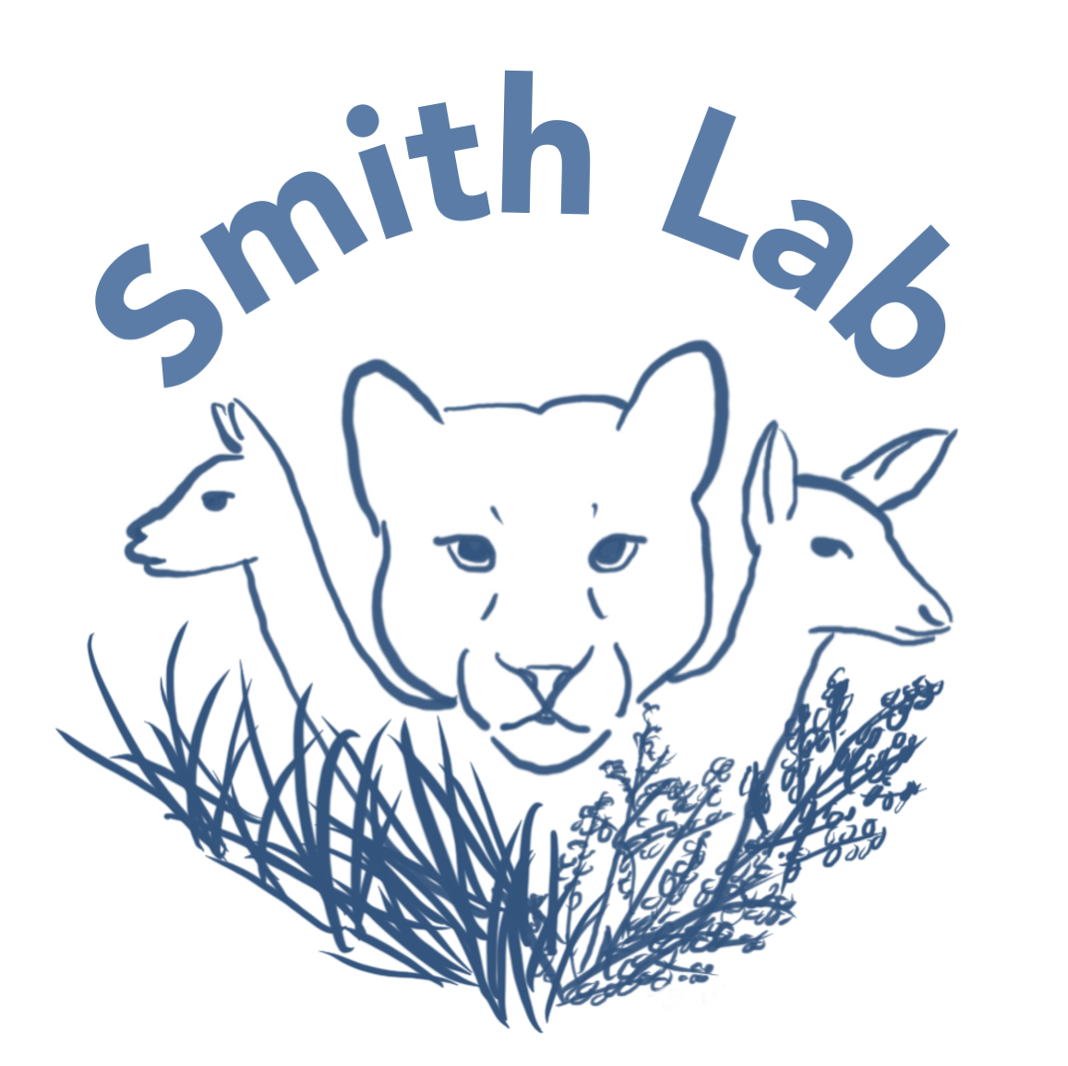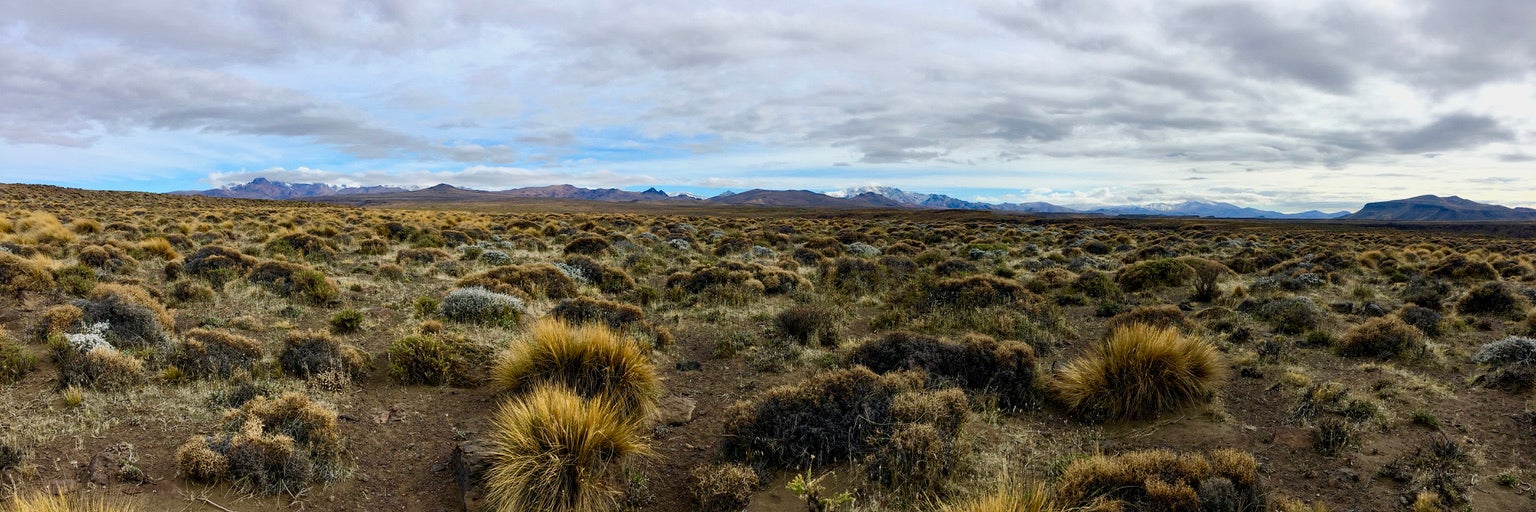Undergraduate Courses
WFC 155: Wildlife Space Use and Habitat Conservation
The relationship between wildlife and their habitats begins with behavioral decisions made by animals and scales up to environmental policy and conservation. Wildlife habitat ecology is intrinsically interdisciplinary, linking humans, wildlife, and the environment that they share. This course is organized into two modules: 1) Wildlife Habitat Ecology; and 2) Wildlife Habitat Conservation. In the first module, we discuss foraging theory, habitat selection, home ranges, migration, ecosystem engineers, and trophic cascades. In the second module, we discuss conservation prioritization, land use planning, anthropogenic habitats, and wildlife restoration. Labs analyze relationships between wildlife and the habitat they occupy, facilitated by programming in R.
WFC 100: Field Methods in Wildlife, Fish, and Conservation Biology
Learning field methods provides the foundation on which emerging wildlife, fish, and conservation biologists can explore and test their own ideas about the natural world. In this course, we introduce a wide range of field methods for research on the ecology and conservation of vertebrates, invertebrates, and plants in relation to the scientific method, experimental design, and data preparation. Labs and optional field trips provide opportunities to practice field skills.
Undergraduate Research and Internship Resources
Building a career in wildlife or conservation biology often requires some experience collecting data in the field or conducting independent research. There are many ways to get field and research experience, from on-campus internships and field courses to off-campus field technician positions and training programs. Below I have compiled a number of local and national resources to help you get started in building your fieldwork and research record.
Career Information
- UC Davis Internship and Career Center
- UC Davis Internship and Career Center - opportunities in ecology and the environment
Undergraduate Research and Networking Opportunities at UC Davis
- Ecological and Evolutionary Response to Rapid Environmental Change
- UC California Ecology and Conservation Field Course
- Undergrad Research Opportunities in Ecology and Evolution at UC Davis
- WFCB Internship Resources
- This link includes information on the Lloyd W. Swift Fund to support experiential learning. WFCB undergrads can use this resource to fund externships or summer research projects. Contact Pernille Sporon Bøving (boving@ucdavis.edu) for more information.
- WFCB Museum Research and Internship Opportunities
Job and Internship Boards
- California Department of Fish and Wildlife: Seasonal Jobs
- ECOLOG-L: Job Listserv
- Ecological Society of America: Internships
- National Park Service: Scientists in Parks
- Pathways to Science
- Student Conservation Association
- Texas A&M: Wildlife Job Board (most field technician positions are posted here)
- The Wildlife Society: Job Board
Want more information about how to become a wildlife biologist? Check out this incredible resource by Gael Sanchez.

